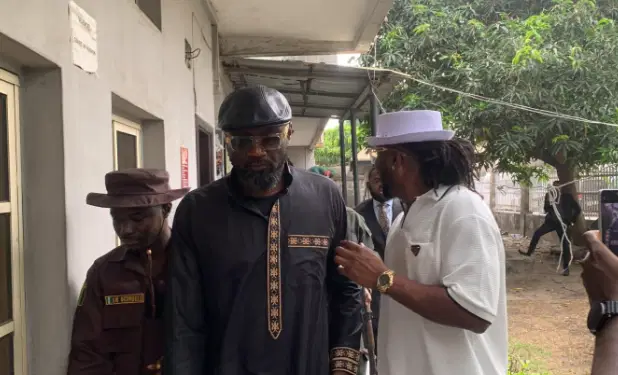Gold-rich ore discovered in a village in Congo’s South Kivu province has driven authorities to ban mining there until more oversight is established, the provincial mines minister said on Thursday.
The discovery of gold-rich ore in Luhihi in late February brought throngs of diggers to the site, South Kivu Mines Minister Venant Burume Muhigirwa said, putting pressure on the small village around 50 km (30 miles) from the provincial capital, Bukavu.
Subsistence mining – extracting minerals with rudimentary tools – is common across Democratic Republic of Congo, and the “artisanal” gold mining is especially widespread in the gold-producing east and northeast of the country.
Miners, traders and members of Congo’s armed forces (FARDC) were required to leave the mine sites in and around Luhihi and all mining activities were suspended until further notice, a decree dated Monday said.
The presence of FARDC at the mine sites – prohibited under Congo’s mining code – contributed to the “disorder” at Luhihi, the decree said.
Muhigirwa said the mining suspension would allow authorities to identify the miners and ensure they are properly registered with artisanal mining regulators.
Order must be re-established in mining activities in Luhihi “not only to protect lives but also to ensure the traceability of the gold produced in line with Congolese law,” the decree said.
Gold production in the Congo is systematically underreported and tonnes of the precious metal are smuggled into global supply chains through its eastern neighbours, the U.N. Group of Experts on the Congo reported last year.





